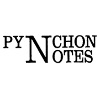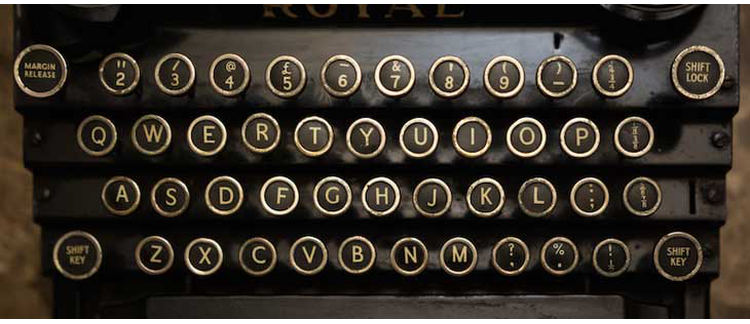Abstract
London, Berlin, Buenos Aires: these are only some of the Cities Imperial in Gravity's Rainbow, a novel in which historical fact mingles with artifacts of myth, and the fictionalized landscape of the Second World War, the novel's Zone, accommodates both the green world of Slothrop's rainbow vision and the socially engineered, sinister enclaves of preserved innocence. If for most of Pynchon's third novel the city appears, in the quasi-Romantic fashion typical of much post-Second World War American writing, as an essentially repressive, coercive, and above all imperialist construct which threatens to reduce human life to its own laws of determination, the novel offers a whole array of complementary, often highly contrasting perspectives which, taken together, constitute Pynchon's mature attempt to connect the various dialectics and myths of the urban.
How to Cite:
Tumir, V., (1998) “The City, the Labyrinth and the Terror Beyond: Delineating a Site of the Possible in Gravity's Rainbow”, Pynchon Notes , 134-151. doi: https://doi.org/10.16995/pn.145
Downloads:
Download PDF

